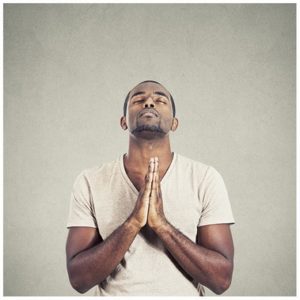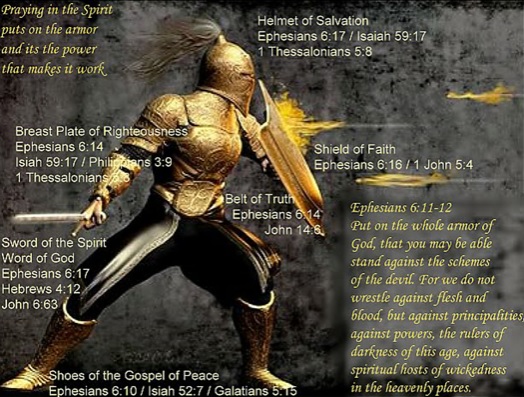Congregation of the Doctrine of the Faith will have Radical Shake-up
Wikipedia: Pope Francis has planned a reorganization of the Curia that will alter the role of this Congregation. A final draft of his apostolic constitution on the Roman Curia, titled Praedicate Evangelium (“Preach the Gospel”), has been submitted for comment to national bishops’ conferences and a variety of other bodies.[4][5] However, it has also been agreed that changes to the Congregation will only reform Catholic missions and not affect Catholic doctrine.[6]
Pope proposes radical shakeup of the Roman Curia
Pope Francis’ reforms of the Roman Curia will see the creation of a new “super ministry” dedicated to evangelisation that will take precedence over the once-powerful Vatican doctrinal body.
The whole thrust of the constitution puts evangelisation at the heart of the Roman Curia’s mission, meaning that every aspect of Catholicism’s civil service, must flow from this.
“Pope Francis always emphasises that the Church is missionary. That is why it is logical that in first place we have put the Dicastery for Evangelisation and not the Doctrine of the Faith,” Cardinal Oscar Rodriguez Maradiaga, the co-ordinator of the council of cardinals, told Vida Nueva for an article to be published in the magazine on Saturday and seen by The Tablet.
Cardinal Oswald Gracias, another member of the council of cardinals – which is now made up of six members – stressed that this new department will become the “first dicastery.”
Francis has already bolstered the charitable office of the papal almoner by making its current incumbent, Konrad Krajewski, a cardinal, although his role is Rome-based and could be expanded. A department based on charity would also demonstrate that bringing the Gospel means words must be accompanied by actions.
“After evangelisation, has to come charity,” Cardinal Maradiaga said.
Cardinal Muller has become one of Francis’ most outspoken critics.
The new constitution is set to underline the importance of the Vatican and the Roman Curia being at the service of the Pope and local churches, placing diocesan bishops on a par with the prefects of curial departments.
…“the main objective is to underline the importance of lay people in the Church and for the Church.”
Cardinal Maradiaga told Vida Nueva that a synod of bishops could be called to apply the “practical ecclesiology” envisaged by the new constitution.
“Practical theology might happen in the new constitution” my words
“The Holy Spirit continues to blow,” he said. “It does not take a siesta or go on holiday.”
HERESY:
as the early church grew in its scope and influence throughout the Mediterranean area, various teachers proposed controversial ideas about Christ, God, salvation, and other biblical themes. It became necessary for the church to determine what was and was not true according to the Bible. For example, Arius of Alexandar (A.D. 320 ) taught that Jesus was a creation. Was this true? Was this important? Other errors arose. The Docetists taught that Jesus wasn’t human. The Modalists denied the Trinity. The Gnostics denied the incarnation of Christ. Out of necessity, the church was forced to deal with these heresies by proclaiming orthodoxy; and in so doing, condemnation upon these heresies and the heretics became a reality. Unfortunately, some of those who attempted to defend and establish the truth did so by killing those who disagreed with them.
Inquisition: With the exception of the Papal States, the institution of the Inquisition was abolished in the early 19th century, after the Napoleonic Wars in Europe and the Spanish American wars of independence in the Americas. The institution survived as part of the Roman Curia, but in 1908 it was renamed the “Supreme Sacred Congregation of the Holy Office”. In 1965 it became the Congregation for the Doctrine of the Faith.[4]

